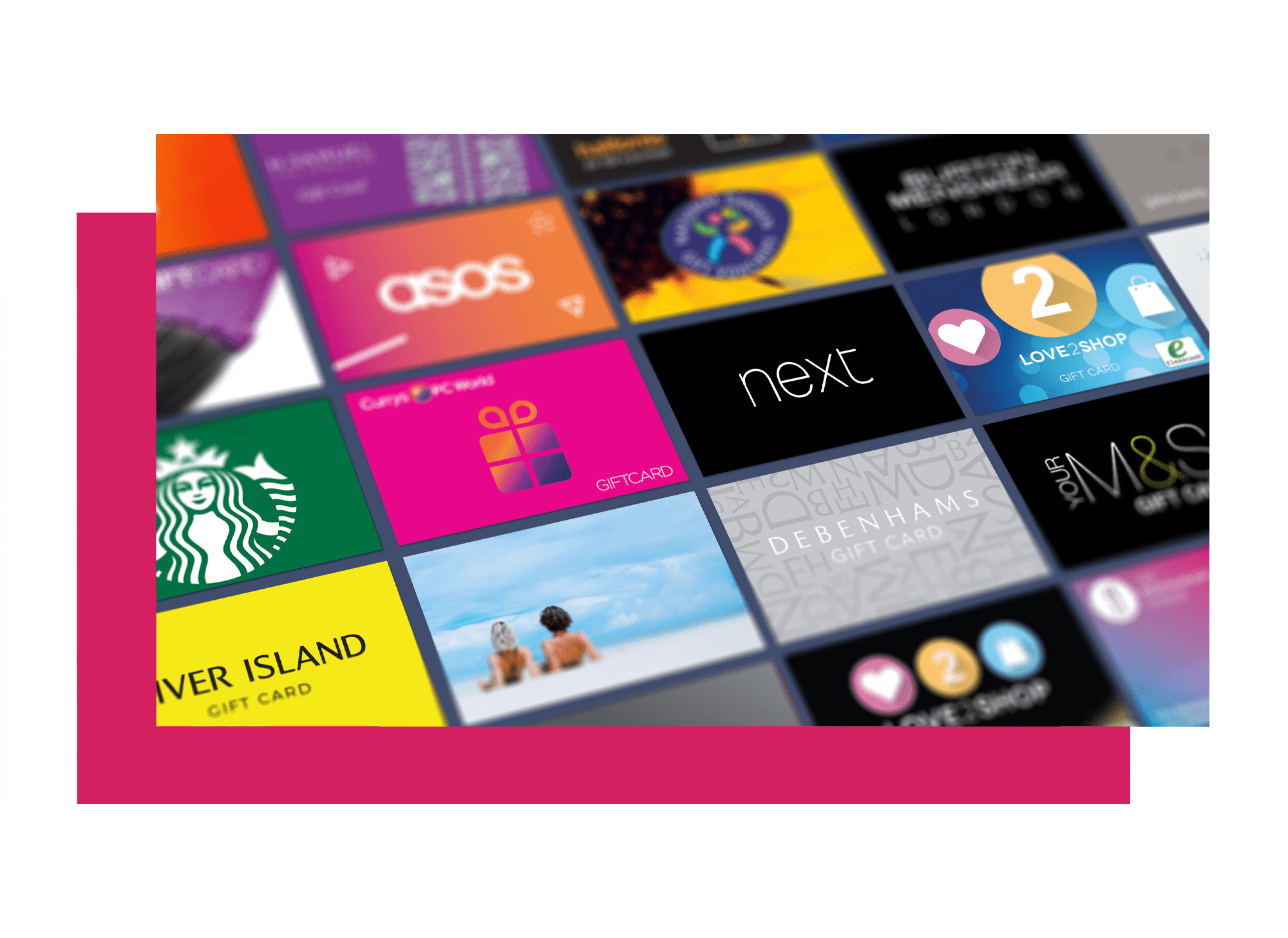By Clare Bingham, Operations and Engagement Director
It’s no secret that COVID-19 has thrown something of a spanner in the works for 2020 plans, and for many businesses, this has thrown pre-approved budgets into disarray too. But, as we move towards 2021, it’s time to start thinking about the most effective ways to spend budget over the next 12 months. With large scale events and face-to-face interaction now on pause for the foreseeable, businesses may have a surplus of marketing spend that they are unsure how to repurpose, but there are still plenty of options for getting the best bang for your buck.
As engagement experts, FMI recognises the importance of ensuring employees feel rewarded for their work; with Christmas parties not on the cards this year, finding alternative solutions for employee recognition and engagement are more important than ever. Your team are the stitches in the fabric of your brand, and represent the business every day, so it’s key to keep your workforce motivated and engaged.
We’ve all become pros at adapting to the many challenges this year has brought, and this can be applied to your pre-approved marketing budget too…
1. Repurpose marketing budgets for incentive programmes
It really has been a challenging year for business, and employees will be feeling that too. Keeping your workforce engaged is vital, so it could be worth using some of your marketing budget to reinvest into employee recognition and engagement programmes. Incentivising them to increase sales or improve product knowledge through regular rewards will likely have a positive impact on both their outlook and the performance of the business itself. There are options for taking this online too with cost-effective sales platforms and social media integration. Gamification is an approach that we’re working with a host of clients on now, with regular rewarding and competitions to keep teams united in striving for a common goal.

2. Use your “live event” budget to create engaging virtual content
We’ve all been very much Zoom-quizzed out this year but there’s certainly still a place for online business events, where slick, professional and relevant content is key to engagement. The beauty of being able to plan ahead for corporate events like this means we have time to create a full content plan; from video intros and stings to vox pops and thought leadership presentations all of this bespoke content can be produced well in advance. You may want to consider how relying on connectivity may hinder the delivery of your event and question whether to stream or film in advance.
You can still get your message across without the audience being there “in person” to hear it, and once its created, you also have a bank of evergreen content to reuse again and again – now that’s budget optimisation!

3. Make use of digital rewards
At FMI, we have extensive experience in delivering once-in-a-lifetime travel incentive campaigns. However, with it being somewhat difficult to get on a plane to somewhere exotic at the moment, these group travel experiences will need to be placed on pause. In the meantime, we have been supporting our clients with digital rewarding products to keep customer and employees engaged and motivated. Instead of simply issuing rewards, we’re working with clients on getting their audience to engage, take part and learn more about products and services in order to receive the reward, and we’ve seen a huge increase in employees and teams feeling more motivated and valued.

Many businesses will have reached this point in the year with a surplus of marketing budget, because they have been holding out for an opportunity to utilise it in a more ‘traditional’ way. Admittedly, it can be really difficult to plan for the future at the moment, but the only thing we can control is how we respond and what we can execute in the here and now.
With the future so uncertain, it really is important not to let marketing fall off the agenda altogether. While variable costs such as marketing budget can often be the first thing to be pulled during periods of financial hardship, this can often result in longer lasting negative impacts on brand visibility and awareness.
Making reasoned and careful amends to your marketing approach by adjusting strategies in response to shifting demand are more likely to reap rewards both during and following a recession. Studies by Harvard University even show that companies who continue to recognise the importance of continued investment in marketing are better-placed and more likely to bounce back quicker when things get better.
Having the same, or often intensified objectives to deliver against a smaller budget can ultimately result in significantly increased pressure. That means it’s time to think creatively about how to make the best of the budget you do have available right now and where you might start to consider investing it in other areas in order to feasibly achieve results.
We’ve worked with clients from a variety of sectors each with their own specific budgets and objectives, and as such have learnt to adapt in refining our propositions for them. We recently wrote a blog sharing our top five ways to creative engagement campaigns with a reduced budget, which shows it really is possible, as long as you have a creative approach and a can-do attitude.
Now is not the time to hold back on investing in your business or in your staff. Repurpose your marketing budget to incentivise your staff, encouraging them to be true, genuine advocates of your brand, and reconsider your approach to the way your audience can now interact with your brand.












